Why Tiananmen still matters
- Published
Carrie Gracie has been back to Beijing to find out what young people think today
On the 25th anniversary of Tiananmen, here are 25 thoughts on why 1989 still matters:
Remembering is not 'anti-China'. It's just saying China has politics whether it chooses to acknowledge them or not.
The official verdict hangs a lie around China's neck. The students weren't plotting counter-revolution. Most wanted a strong China led by a wise, clean Party.
Many of today's middle-ranking Party officials and company managers were democracy protesters in 1989.
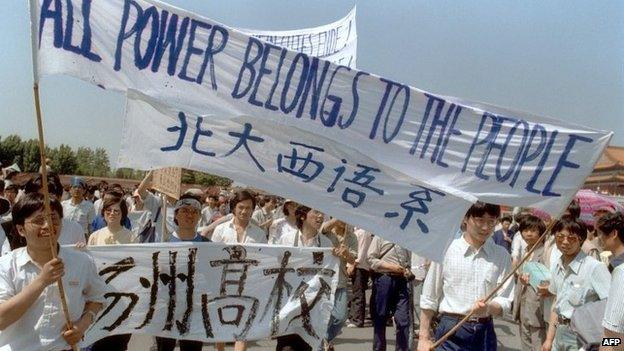
The protests culminated in the military crackdown of 3-4 June 1989
Never underestimate the Party. Many observers thought it couldn't survive long after 1989.
Never overestimate the Party. 25 years on, it's unable to discuss what modern Chinese politics should look like.
In 1989 the Party had a leader serious about rule of law. Zhao Ziyang's downfall closed off talk of limiting Party power. Now the focus is perfecting authoritarianism.
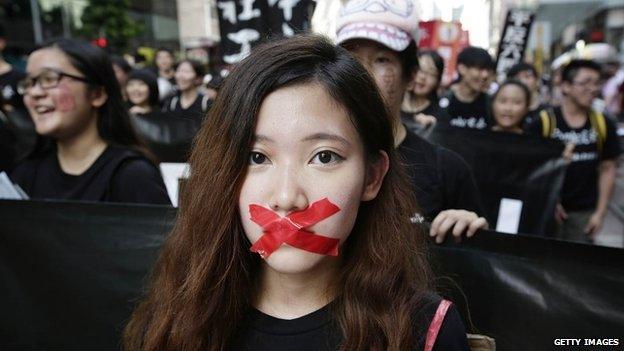
Every year, Hong Kong residents remember those who died in and around Tiananmen Square
Tiananmen polarised and emasculated China's political liberals. Within the system, they were tainted, compromised and complicit. Outside, marginalised and irrelevant.
The protesters won one small victory in Hong Kong with the British government's belated attempts to seed limited democracy.
Zhao Ziyang, the Party boss who was toppled: "Sooner or later 4 June will have to be re-evaluated… better in stable than in troubled times."
25-year project to suppress the facts gives security apparatus another reason to downgrade judicial process and human rights.
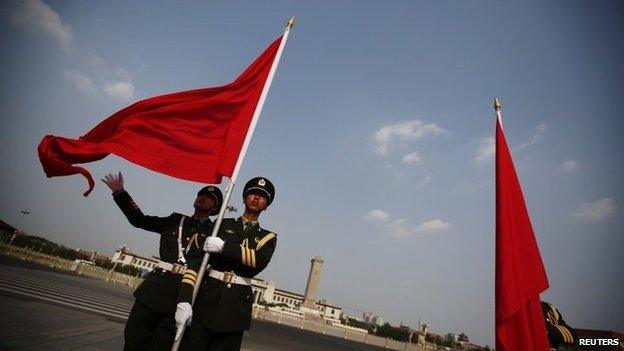
But inside China, the subject remains taboo - and subject to the most strict censorship
Firewalls in the political theatre of the absurd. Try searching the Chinese internet for 6 and 4, "in memory" of 1989.
Enforcing amnesia works. 25 years on, many young censors don't even recognise the pictures they're supposed to be erasing.
The Party feels vindicated. It's proved a country doesn't need to be free to be rich.
Before and since, the Party is the air China breathes. Most citizens want it to be better. They weren't then, and aren't now, asking to remove it.
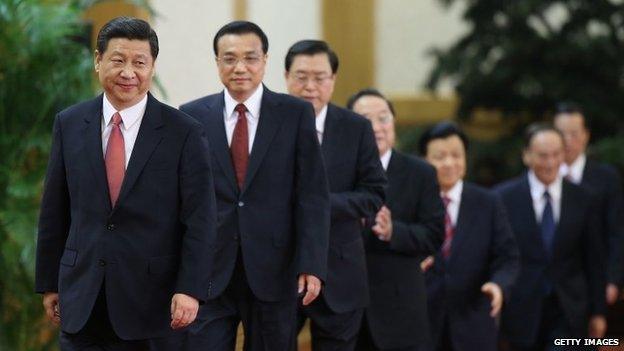
China's leaders, meanwhile, continue to reject democratic reforms
There were many Party members and some Party leaders who believed in free media, independent courts and conviction politics.
Forgetting is a survival mechanism. Those who insist on remembering face house arrest, forced "holidays", "drinking tea" and less polite forms of persuasion.
Part of China's cycle of political hope and despair. Some say prosperity justifies the crackdown, but perhaps prosperity will help break the cycle?
Post-1989 Party data-mining for public opinion. Learned its lesson: get ahead of the curve on corruption, house prices, pollution.
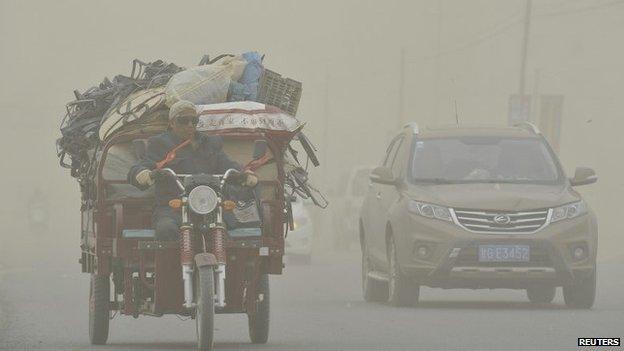
But the government says it wants to tackle public grievances like the environment, for example
Party rules and institutions were ignored. Decisions stacked. 25 years on, top-tier decision-making is just as opaque.
Even in its darkest hour the Party would not take politics lessons from foreigners. Even less now that China is rich and powerful.
For many young people 4 June doesn't register. Politics don't register. They simply don't know there was a generation which made sacrifices for an idea.
Success in China, whether measured in money or status, depends on seeing only what is allowed to be seen and looking away from what is not.
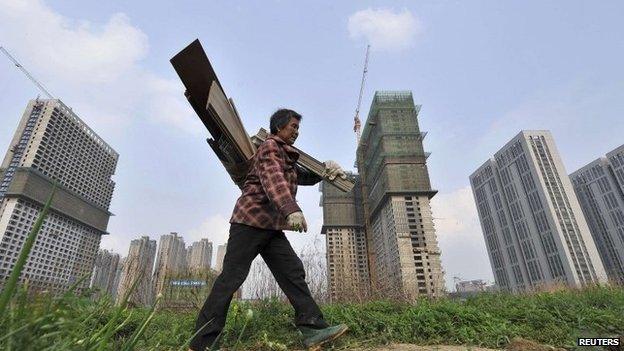
Since Tiananmen, China's economy has soared - and millions have been raised out of poverty
China's post-1989 generations can vote with their feet. Why risk all for a better politics at home when you can get clean air, safe food and freedom elsewhere?
Chinese writer Lu Xun nearly a century ago: 'All blood debts must be repaid in kind: the longer the delay, the greater the interest.'
If the Party felt it had to do the same again, it probably would.